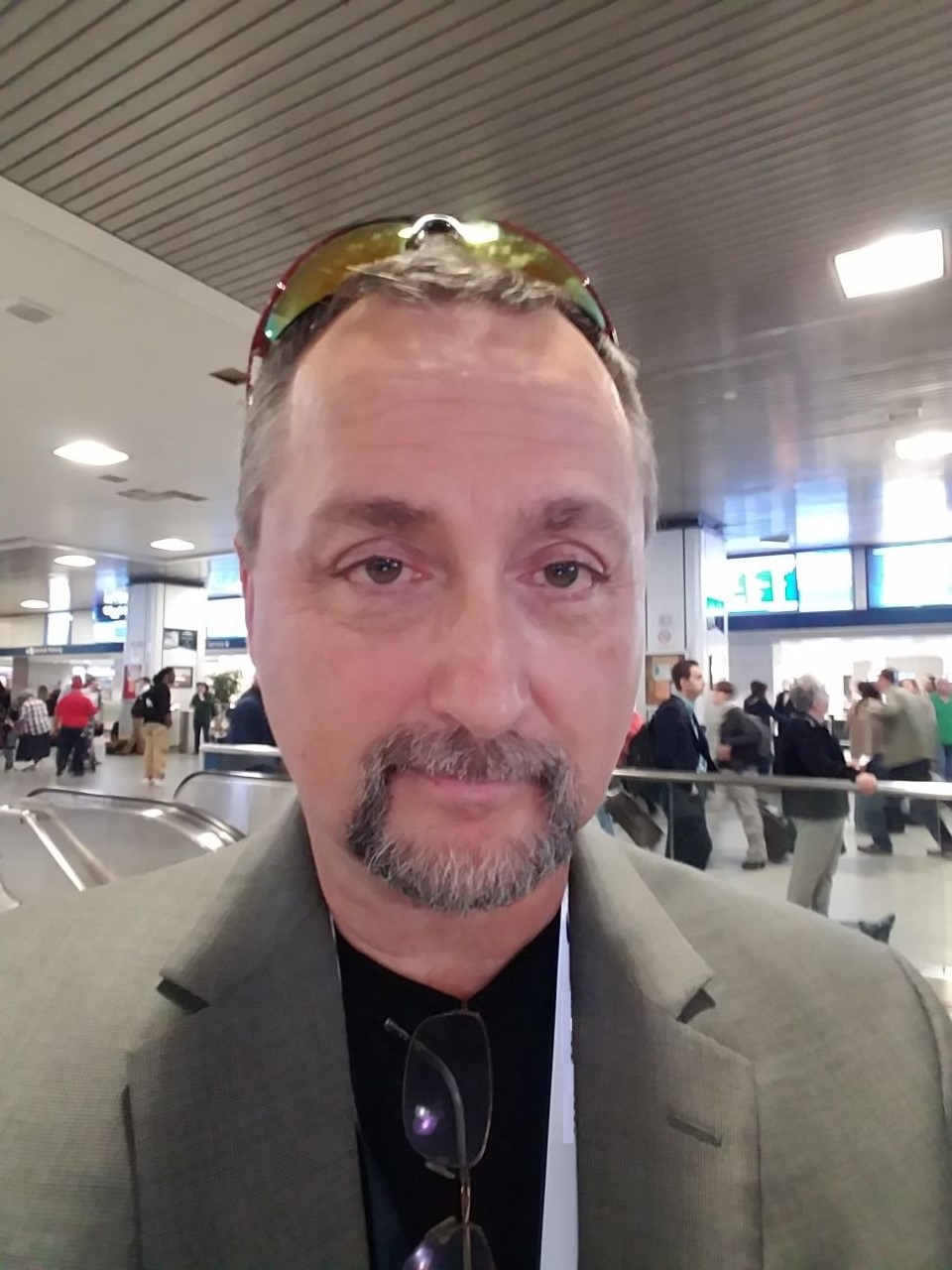The pandemic seems all set to create a new normal.
It would appear that a
systems integrator’s job is all about the work they undertake in the field, that is, installing and
integrating systems. And who can do that sitting in the comfort of their home? Work from home, in that sense, would apply only to people who work at a desk every day.
But does that mean systems integrators are not working during this pandemic? Not at all. In fact, for some, it has been business as usual.
“Most of us are working from home,” said Bob Mesnik, President of Kintronics. “We have limited staff in the office, which provides the shipping and receiving of products. So far, we have been able to provide all the services that we usually offer.”
But for some, the essential service nature of the systems integration business comes in handy. Micah Carlson, Director of Marketing at Convergint Technologies, pointed out that as an essential services provider, they still able to work in the field, but the company has been providing staff with additional proper protective equipment needed to do so.
Some businesses are already used to remote working, mainly because they are small in size.
“Being a small business, we were prepared for this potential as most of our staff already work remotely,” said Brian Schwab, Consultant at
 Brian Schwab,
Brian Schwab,
Consultant, S3SDC
S3SDC. “No tests of connectivity were required, nor were new policies implemented. The most significant issue was the activation of the S3SDC crisis communication plan, which dictated that we inform our clients by email, phone, and regular mail to our change in operations and how our change may impact their projects.”
He added that their communications stressed the fact that they were trying to minimize the adverse effects of actions, but that there may be some unintended consequences.
“To ensure we informed our clients how much we value their continued partnerships, we clearly stated that we stand ready to assist them in meeting their other non-security needs, no matter what they may be,” Schwab said. “At this point, despite our capabilities to perform other functions, the reduction in client willingness to continue projects has forced us to restrict our activities to only those who do not require a face-to-face connection with clients.”
“We are providing full services to all of our clients and have not slowed down. Only one customer delayed their installation,” said Christine Lanning, President of Integrated Security Technologies. “That said, every customer has certain restrictions and requirements for their job sites – those include social distancing, mask-wearing/face covering, temperature taking. A government client has our technicians filling out a self-assessment by answering the questions in a COVID-19 Screening Questionnaire that includes, are you sick, have you traveled outside of the State, or been in close contact with someone diagnosed with
COVID-19 before they are allowed on the job site. Every day there seems to be a new change, and we are adjusting accordingly.”